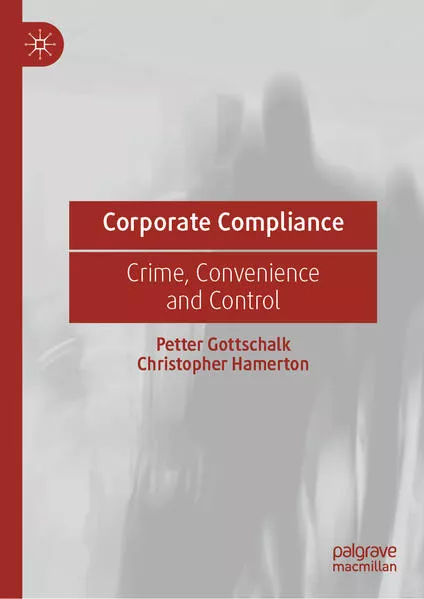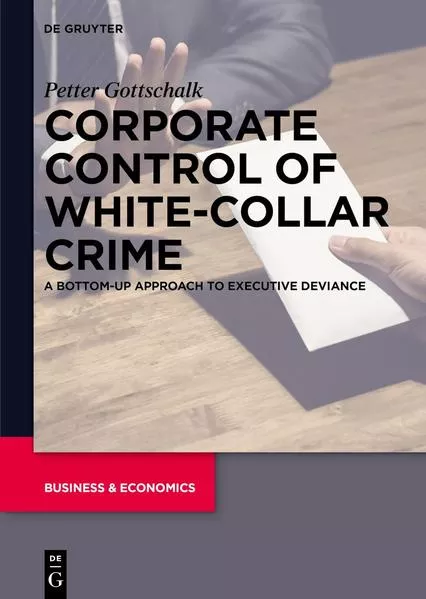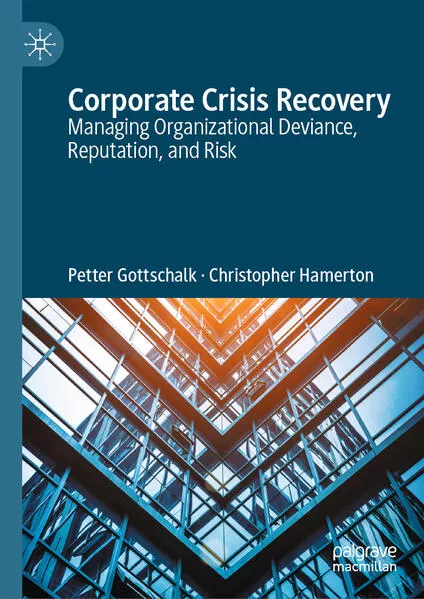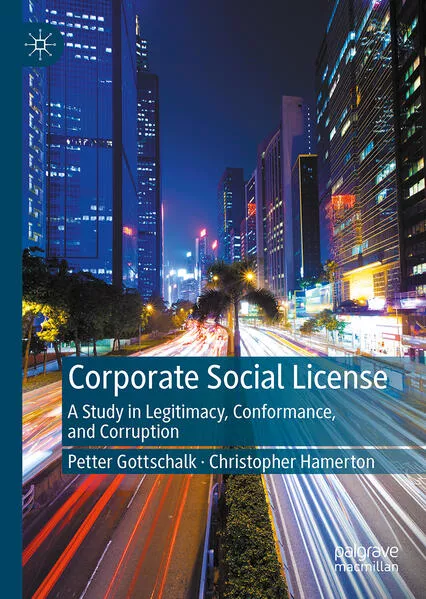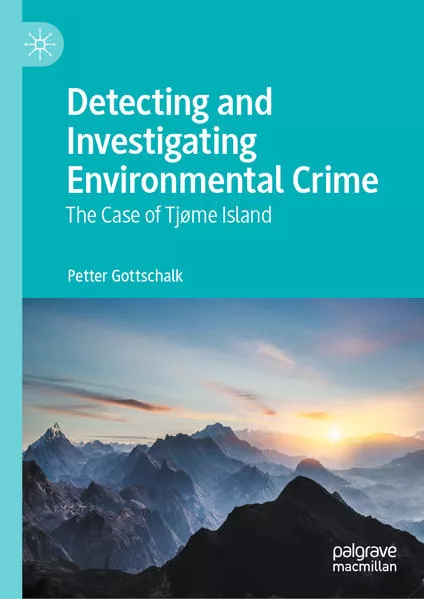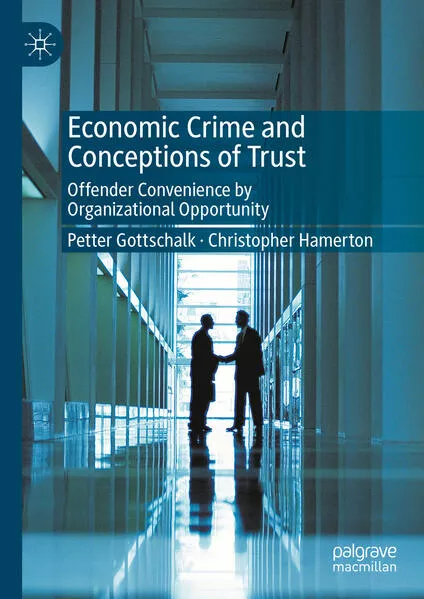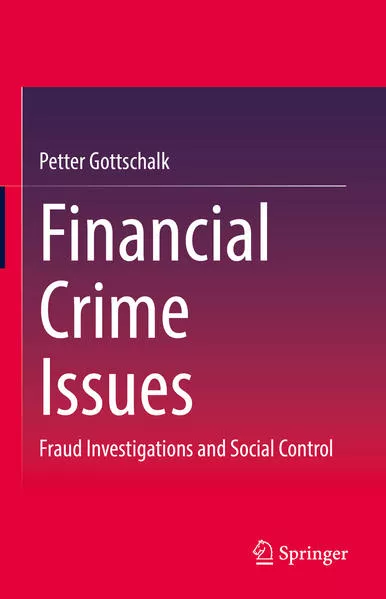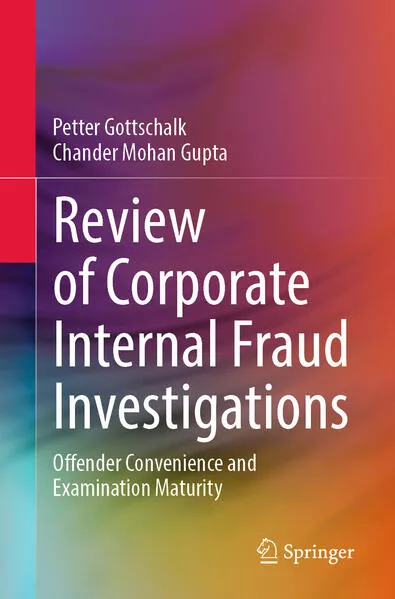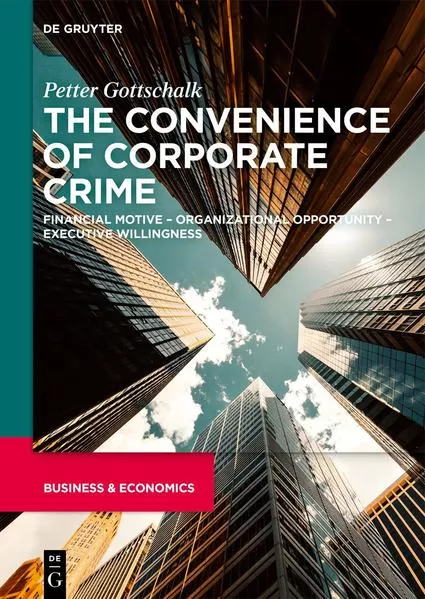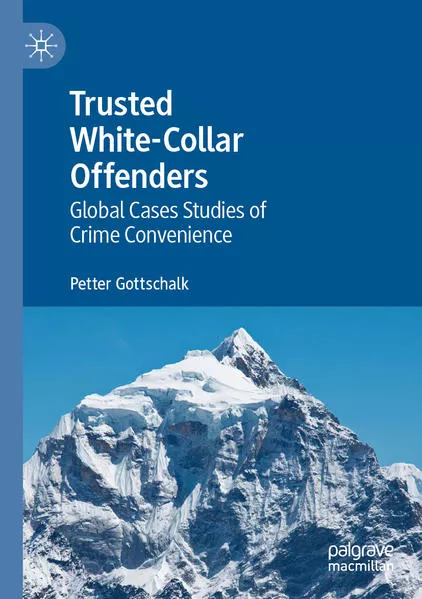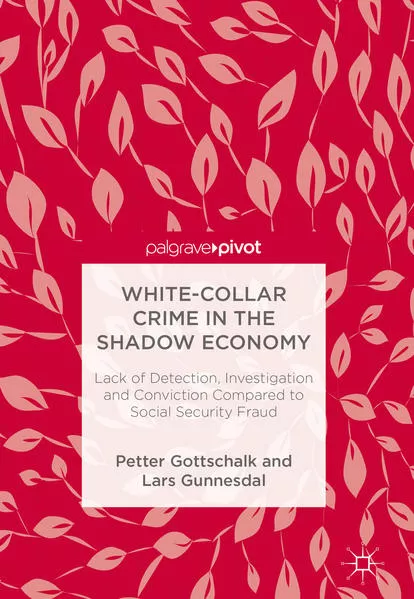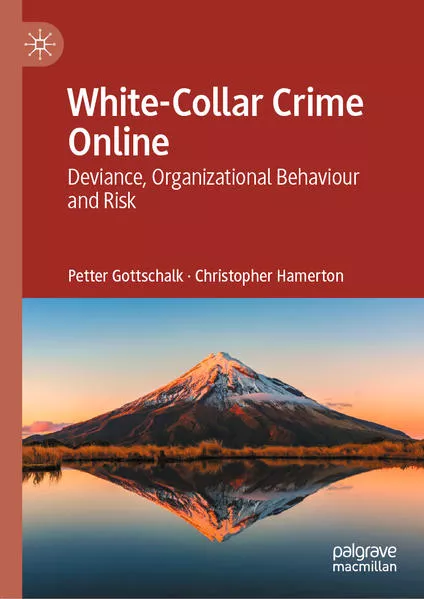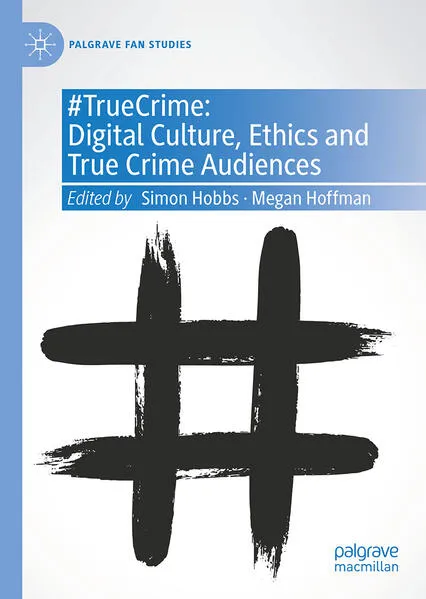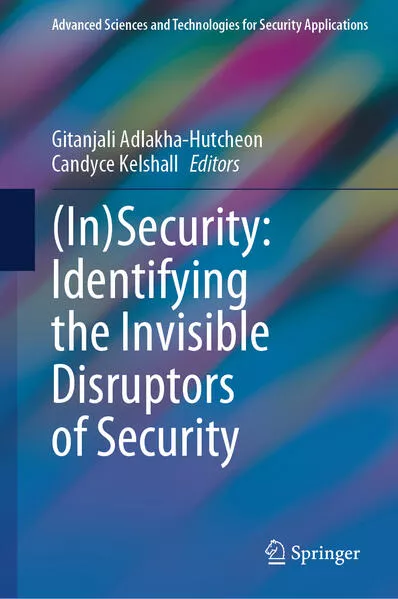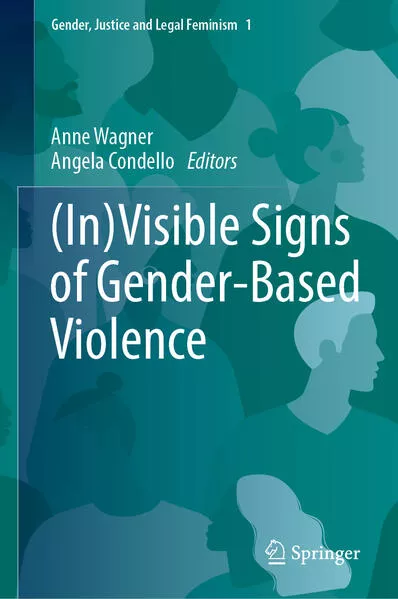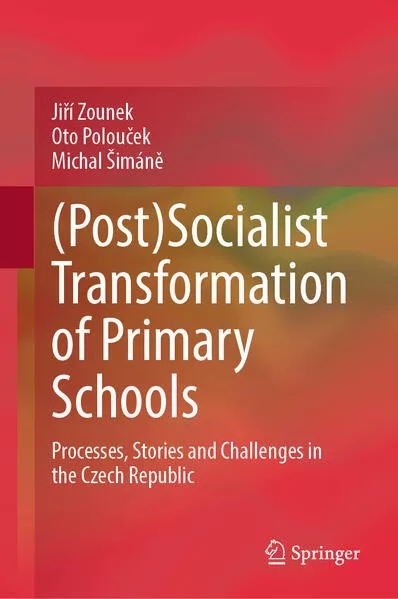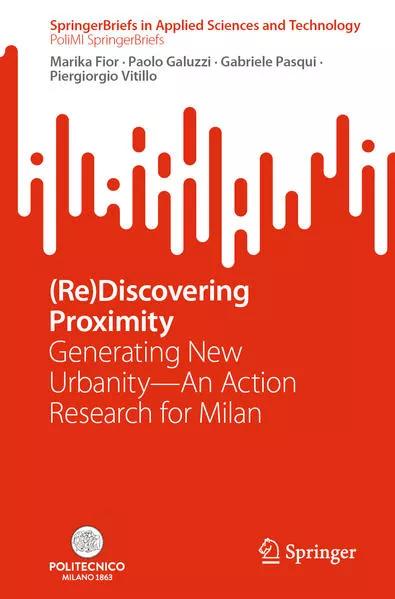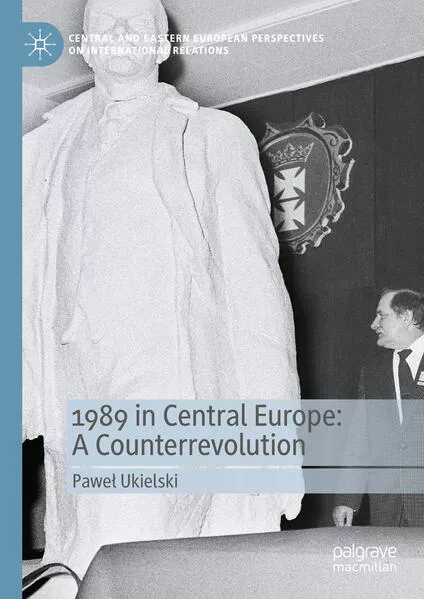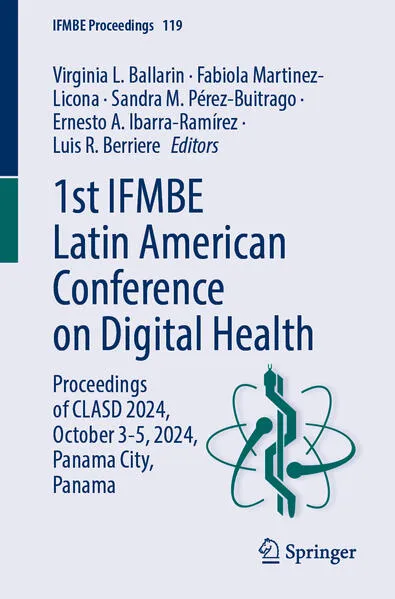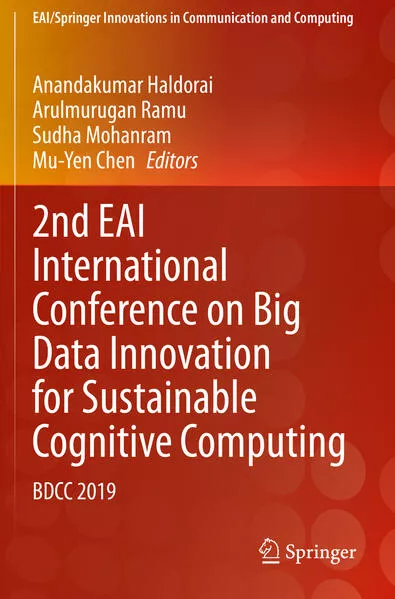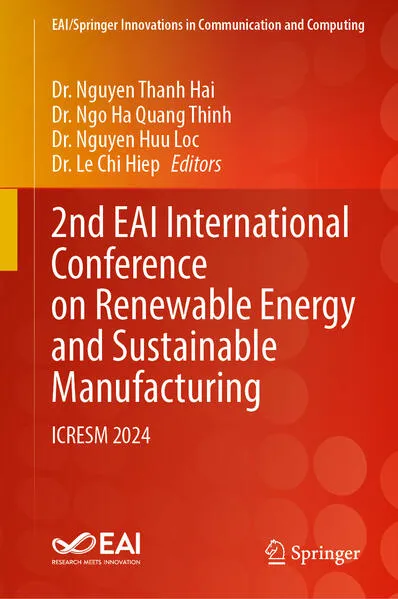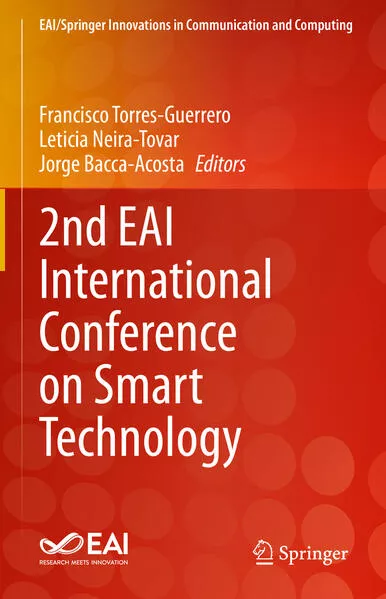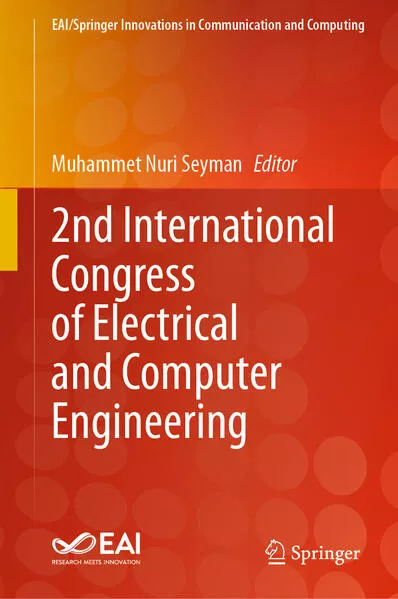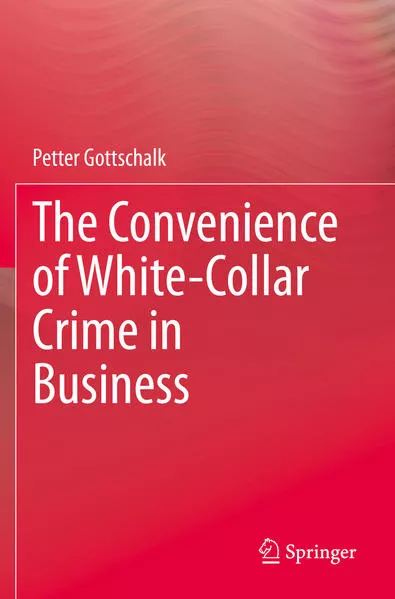
The Convenience of White-Collar Crime in Business
This book outlines the theory of convenience for white-collar crime to explain what motivates and enables offenders, providing a unique focus on white-collar crime in the business context. The theory of convenience suggests that the extent to which elite members commit and conceal economic crime is dependent on their extent of orientation towards convenience in problematic and attractive situations. Chapters are organized along the main theoretical dimensions of economical motive, organizational opportunity, and personal willingness.
In addition, this book:
- Addresses a business audience by focusing on themes familiar to corporations
- Documents attitudes towards white-collar crime among business students and future business leaders
- Analyzes how convenience orientation varies among individuals
- Analyzes autobiographies of convicted white-collar offenders
- Demonstrates the various ways in which white-collar crime occurs
The Convenience of White-Collar Crime in Business contributes to an increased understanding of white-collar crime, offering valuable insight in business education that supplements the traditional roles of topics like auditing and compliance in education and practice. It is a useful resource for researchers and law enforcement, and those involved in the detection, prosecution, and conviction of white-collar offenders.
Unterstütze den lokalen Buchhandel
Nutze die PLZ-Suche um einen Buchhändler in Deiner Nähe zu finden.
Bestelle dieses Buch im Internet
| Veröffentlichung: | 18.01.2021 |
| Höhe/Breite/Gewicht | H 23,5 cm / B 15,5 cm / - |
| Seiten | 295 |
| Art des Mediums | Buch [Taschenbuch] |
| Preis DE | EUR 85.59 |
| Preis AT | EUR 87.99 |
| ISBN-13 | 978-3-030-37992-6 |
| ISBN-10 | 3030379922 |
Über den Autor
Petter Gottschalk is Professor of Information Systems and Knowledge Management at BI Norwegian Business School, Norway. He is the author of over 20 books on the topic of white-collar crime and knowledge management. He has served as CEO of Norwegian Computing Center, ABB Datakabel, Statens kantiner, and Norsk Informasjonsteknologi (NIT). He has lectured on criminal entrepreneurship, organised crime, and knowledge management at the Norwegian Police University College in Oslo, where his books on criminal organisations and police intelligence processes are used as text books. Dr. Gottschalk did his MBA in Germany (Technical University of Berlin), MSc in the United States (Dartmouth College and MIT), and DBA in the United Kingdom (Henley Management College, Brunel University). He has taught in Singapore; at Fudan University, China; and at the Arab Academy for Science, Technology, and Maritime Transport, Egypt. His studies on crime and policing is published extensively in international resea
Diesen Artikel teilen
0 Kommentar zu diesem Buch
... weitere Publikationen von Gottschalk, Petter
.... weitere Publikationen von Springer International Publishing
Kinderbuch »Lasse und Juna - Total versteinert!« – Wikingerabenteuer mit Mut, Freundschaft und Entdeckergeist
Bewerbungsfrist bis zum: 05.03.2026



